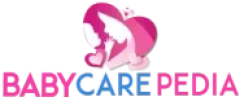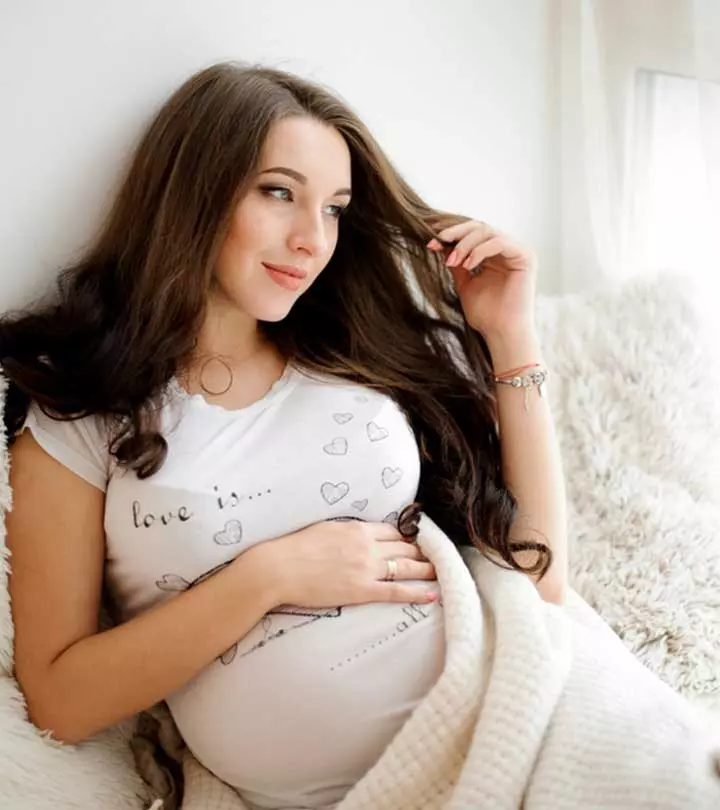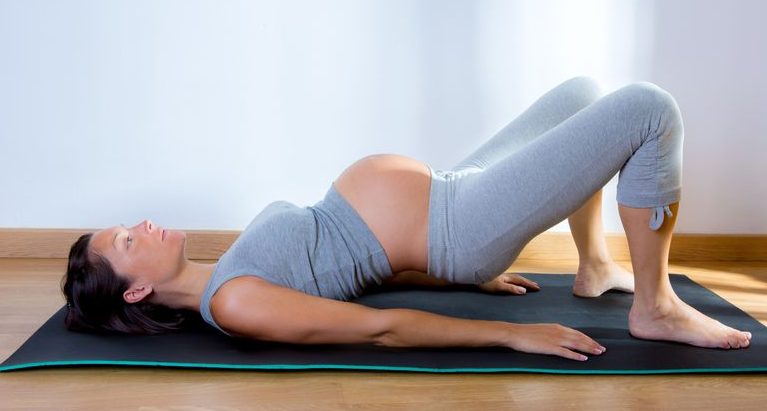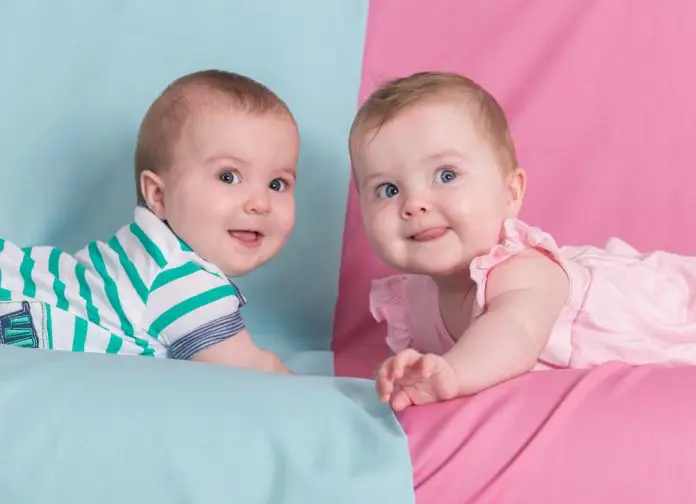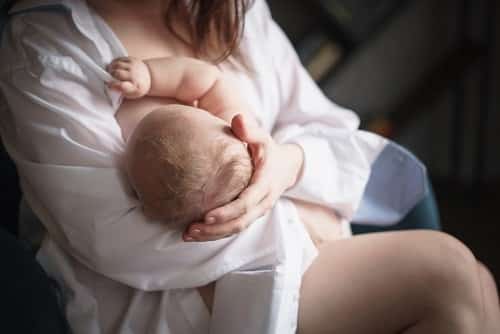Postpartum Hair Loss after Pregnancy? You may be surprised to find that Postpartum Hair Loss after Pregnancy is more than usual in the first few months after delivering your baby, but don’t panic; you are not going to go bald. This fallout is quite a normal post-pregnancy and can be, at times, relatively heavy.
“I had my baby a few months ago, my hair which was normal during pregnancy, now seems to be falling out in handfuls.”
What causes Postpartum hair loss after pregnancy?
Before we talk about postpartum hair loss after pregnancy causes, you need to know that an average person sheds about 100 head hairs a day, each of which is replaced by new growth. This happens due to a cyclic hair growth pattern.
Typically, a hair follicle produces new hair for three to four months and then rests for an equal amount of time.
Old hair falls out during this resting phase. You always lose some hair regularly when you shower, brush or comb your hair, as five to ten per cent of your hair follicles rest at any given time.
18pt;”>During pregnancy, hormonal changes slow hair loss considerably due to drastically reduced hair follicle rest period, making them thicker and more luxuriant.
This happens due to increased estrogen levels during PregnancyPregnancy. You may notice the same phenomenon when taking oral contraceptives.
You see, it’s so easy to feel like you are alone on this journey through motherhood. For some reason, it seems taboo amongst mums to be struggling and to feel any emotion that is not showered in lovey-dovey warmth and fuzziness for our children.

Postpartum Hair Loss after Pregnancy?
But, come on, I know that not every mother feels this way 24/7. Does anyone feel that way about anything 24/7? No way. Motherhood is tough, and there will be days (sometimes a lot of days consecutively) when things are horrible.
Your child will give you a hard time, go through stages and learn frustrating phases, and sometimes we will behave far from the parent we would like.
This happens to EVERY mum. Yes, even that calm, natural mum that we all know. She gets frustrated at times too. Perhaps it just doesn’t last very long for her because she has a mindset that ‘doesn’t take it personally and can see it as a temporary thing.
Perhaps that calm, natural mum (in our opinion) knows that this is only a tiny part of the mothering experience. Or maybe that mum is struggling but has become very good at keeping up the facade of the calm, natural mum (gee, I had that down pat.)
The reality is that you are not alone. Every mum has days or moments where it all becomes too much, and she feels like running away, or at least wishes she was somewhere else, not having to deal with what’s in front of her.
If you feel overwhelmed, please don’t feel like you are a failure. Know that you are not alone and perhaps begin talking to a trusted friend who can understand and relate.

10 Key Facts About Maternal Mental Health
- It is a myth that PregnancyPregnancy is a universally glowing, happy time and that new parenthood is “the most wonderful time in your life.”
- In reality, symptoms of depression and anxiety occur in ten to twenty per cent of expectant and new mothers. This means that these emotional symptoms are the most common complication of PregnancyPregnancy, affecting up to 800,000 women per year in the USA.
- Depression and anxiety during PregnancyPregnancy can decrease blood flow through the umbilical cord, resulting in low birth weight, small head circumference, and possible effects on the baby’s brain development.
- Depression and anxiety in the mother after birth can affect the parent-child relationship, resulting in developmental, learning, and behavioural problems in the child.
- Postpartum depression is a misnomer; anxiety symptoms in new mothers are more common.
- Women are not to blame! Maternal mental illness is not a weakness, and women cannot will themselves better. Women with a personal or family history of emotional difficulties are at the greatest risk.
- Warning signs during Pregnancy or postpartum include challenges with sleeping, eating, or caring for herself or the baby, thoughts about hurting herself or the baby, or intense feelings of energy, anxiety, or sadness.
- Postpartum obsessions and thoughts about the harm that can come to the baby affect 3-5% of new mothers. These thoughts represent no danger to the baby and can be distinguished from postpartum psychosis, where there is a risk for the baby.
- Education is the first line of defence because realistic expectations about new parenthood can decrease the occurrence of depression and anxiety.
- Help is available! These disorders are treatable.

Is Postpartum Hair Loss after Pregnancy permanent?
Postpartum hair loss after Pregnancy is a reprieve from normal hair loss that lasts only as long as the PregnancyPregnancy. Soon after giving birth, the estrogen level falls.
Therefore, during the first three to six months after delivery (or after one stops taking the pill), all the hairs scheduled to have fallen out during PregnancyPregnancy are shed.
Regrowth can’t keep pace with this hair loss. This makes for more than usual hair falls during the post-pregnancy period, so the hair looks much thinner than usual.
This more than-normal level of hair fall will taper off gradually, and by the end of your baby’s first year, your hair should be back to pre-pregnancy thickness.
The topic of postpartum hair loss after PregnancyPregnancy is not well known among most women.
This dramatic change in hair loss is not for all post-pregnant women. Though, among those who do, it is more evident in women with longer hair.
Can this Postpartum hair loss after PregnancyPregnancy be prevented or stopped?
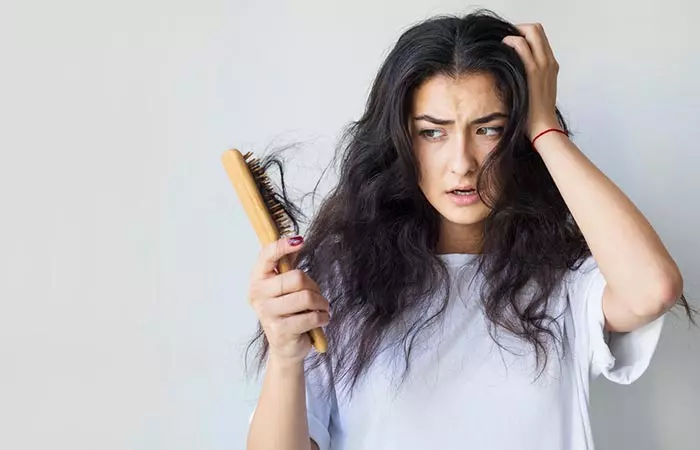
Hair loss during post-pregnancy can’t be stopped immediately, but you can minimize the problem by experimenting with different hairstyles, haircuts, and hair products. Postpartum hair loss after pregnancy can be traumatic for most women since it is a new experience for them.
A blunt bob cut gives the appearance of thicker and fuller hair. A shorter hairstyle can be easier to take care of when a new baby is in the house, and you struggle for time.
Moreover, strands of long hair can curl around your baby’s tiny fingers, toes, wrists, ankles etc. If wrapped tightly, these can be very painful for her. Getting a shorter haircut will also make life easier for your young one.
Also, there are different types of good products available in the market that helps in giving an illusion of thicker hair. You can talk to your stylist about any of these and get a new look.
What is PCOS in women?
PCOS stands for Polycystic Ovarian Syndrome. Hair loss or thinning hair in women could be a sign of PCOS. This hormonal disorder can also affect fertility.
According to the National Women’s Health Information Center, about 6 million women in the United States may have the symptoms.
What causes PCOS in women? High levels of androgens are produced by women who have PCOS.
Androgens are male hormones and have adverse effects when they are found in women.
The most common is androgenetic alopecia or female hair loss. Males usually lose hair in their crown areas, whereas women do not tend to show a pattern of hair loss in the crown.
Some common symptoms of PCOS are pelvic pain, infertility, and abnormal menstrual periods.
Weight gain around the stomach and skin conditions are all visible. Some women get acne, the dark skin around the top of their arms, and skin tags.
Most women also develop body hair due to the higher levels of male hormones produced by the body. I
n contrast, they may start to lose hair on their scalp, and the hair becomes very thin and tends to fall out easily. There are a few ways to treat Postpartum hair loss after Pregnancy.
